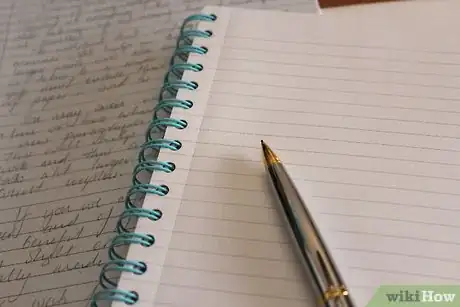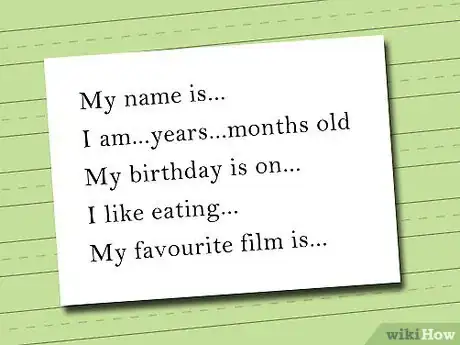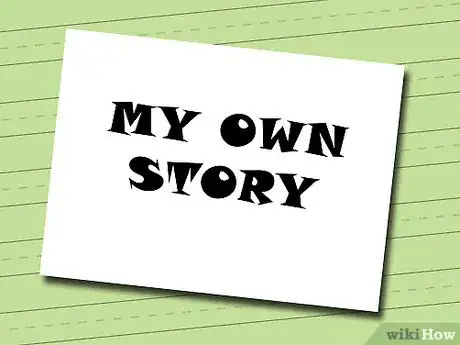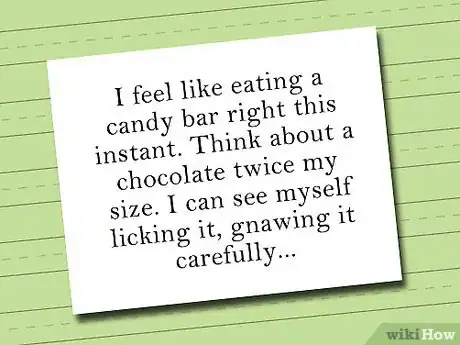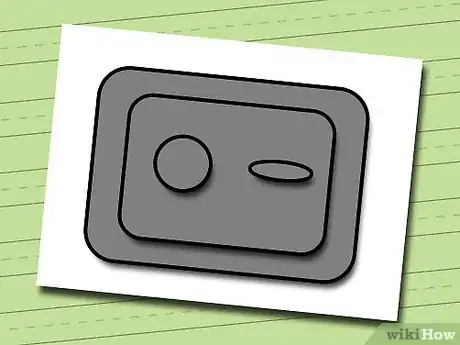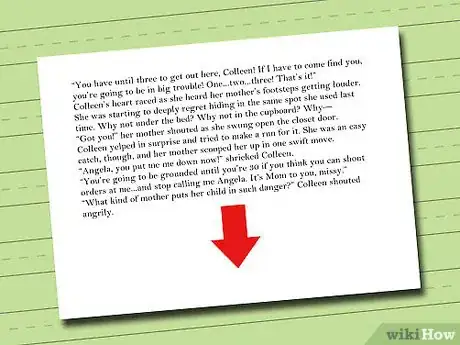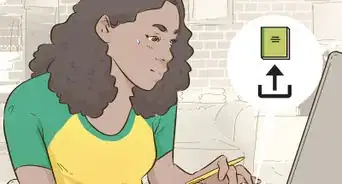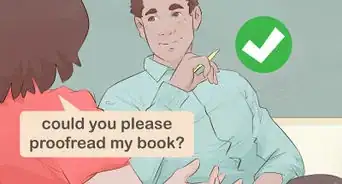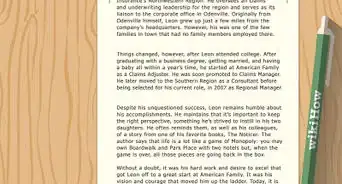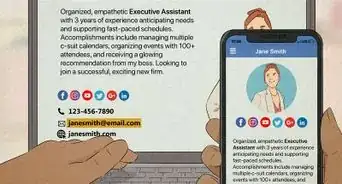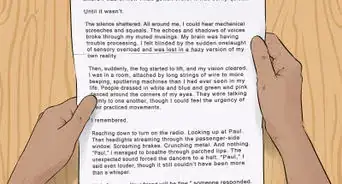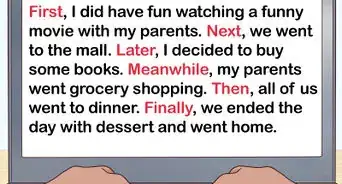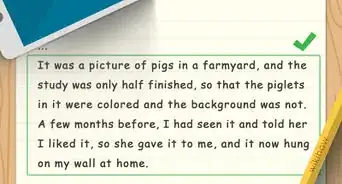This article was co-authored by Gerald Posner. Gerald Posner is an Author & Journalist based in Miami, Florida. With over 35 years of experience, he specializes in investigative journalism, nonfiction books, and editorials. He holds a law degree from UC College of the Law, San Francisco, and a BA in Political Science from the University of California-Berkeley. He’s the author of thirteen books, including several New York Times bestsellers, the winner of the Florida Book Award for General Nonfiction, and has been a finalist for the Pulitzer Prize in History. He was also shortlisted for the Best Business Book of 2020 by the Society for Advancing Business Editing and Writing.
wikiHow marks an article as reader-approved once it receives enough positive feedback. In this case, several readers have written to tell us that this article was helpful to them, earning it our reader-approved status.
This article has been viewed 117,738 times.
A Life Book is basically a large, thick, sturdy notebook used to write your thoughts and opinions. It is not exactly a journal and does not have date labelled entries. It is just a book in which you write about things that happened to you or what you've been through. (not necessarily in chronological order). Your life book is your very personal way of baring your soul and laying out what you know about how things have happened.
Steps
-
1Find and purchase a sturdy, thick notebook with more than one hundred pages. It should be inspiring. A cover with only one colour and no patterns would be perfect as you can decorate it with photographs and drawings of yourself or your favourite things.
-
2Start by writing a few sentence starters like "My name is...", "I am...years...months old", "My birthday is on..." etc. You can also include starters about your un/favourite things to do such as "I like eating...", "My favourite film is..." and so on. Write at least 12 sentence starters. After you've finished add your personal information and pictures. Add descriptions if you like, so that it will be more interesting.Advertisement
-
3On the next blank page write in big, bold bubble letters "MY OWN STORY". You can embellish it with doodles, zig-zags and colours.
-
4Do not necessarily start by talking about your birth - it is not supposed to be in a chronological order! Write about what seems more relevant such as if you're feeling particularly hungry that day you may write "I feel like eating a candy bar right this instant. Think about a chocolate twice my size. I can see myself licking it, gnawing it carefully...". Once you start your imagination will flow.
-
5When you finish your first writing session hide the journal so that you can return to it later. If you want it to be completely private, considering keeping your Life Book in a computer and password protecting it until it's finished. DO NOT purchase one of those diaries with locks as they break fairly easily.
-
6Before starting your new writing session leave a 3–10 centimeter (1.2–3.9 in) gap in between the previous writing session. If you are feeling uninspired follow the same procedures as you did when you started.
-
7When your life book is finished, consider let people read certain parts. If you typed it, it is time to print and bind it. If you are writing in the computer than consider having it one hundred pages as that is a reasonable amount to tell the story of your life. If your story is typed you can change fonts and add images more easily. However, a notebook never looses it's beauty and charm.
Community Q&A
-
QuestionDo I have to get permission to use real names of people in my Life Story?
 Community AnswerNo, you don't need to ask permission to use real names in your Life Story, unless you plan to publish it or make it public online.
Community AnswerNo, you don't need to ask permission to use real names in your Life Story, unless you plan to publish it or make it public online. -
QuestionWould it be better to write on a computer or in an actual journal or notebook?
 Community AnswerThis is mainly based on preference. You can try both and see which one suits you the best. Some people, like J.K. Rowling, like drafting their entire book longhand, while others, like myself, prefer typing it straight onto a word document. Whichever works best for you.
Community AnswerThis is mainly based on preference. You can try both and see which one suits you the best. Some people, like J.K. Rowling, like drafting their entire book longhand, while others, like myself, prefer typing it straight onto a word document. Whichever works best for you. -
QuestionHow do I find someone to write the book about my life?
 Community AnswerContact writers online. There are many who ghostwrite stories like this.
Community AnswerContact writers online. There are many who ghostwrite stories like this.
Warnings
- If anyone finds your life book and read what you wrote about them (being good or bad) be prepared to forgive or build up a friendship with the person.⧼thumbs_response⧽
